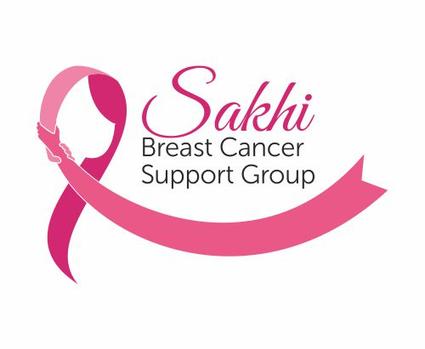Sakhi (Breast Cancer Support Group)
Sakhi (Breast Cancer Support Group)
Gleneagles Hospital Kengeri introduces 'Sakhi,' a support group of remarkable breast cancer survivors dedicated to offering unwavering encouragement and guidance to individuals battling the disease. Sakhi was unveiled during a press conference at the hospital's Kengeri Unit, attended by breast cancer survivors, current patients, their families, and caregivers. Dr Monika Pansari, Surgical Oncologist and the driving force behind the Sakhi initiative, emphasizes the growing prevalence of breast cancer among Indian women. She highlights the critical need for awareness and screening programs to combat late-stage diagnoses and the disparities in access to quality care, especially in smaller towns. The campaign's primary goal is to raise awareness about early breast cancer detection and address the financial challenges associated with treatment.
To know more about the group - Call +91-91484465666
To know more about the group - Call +91-91484465666







